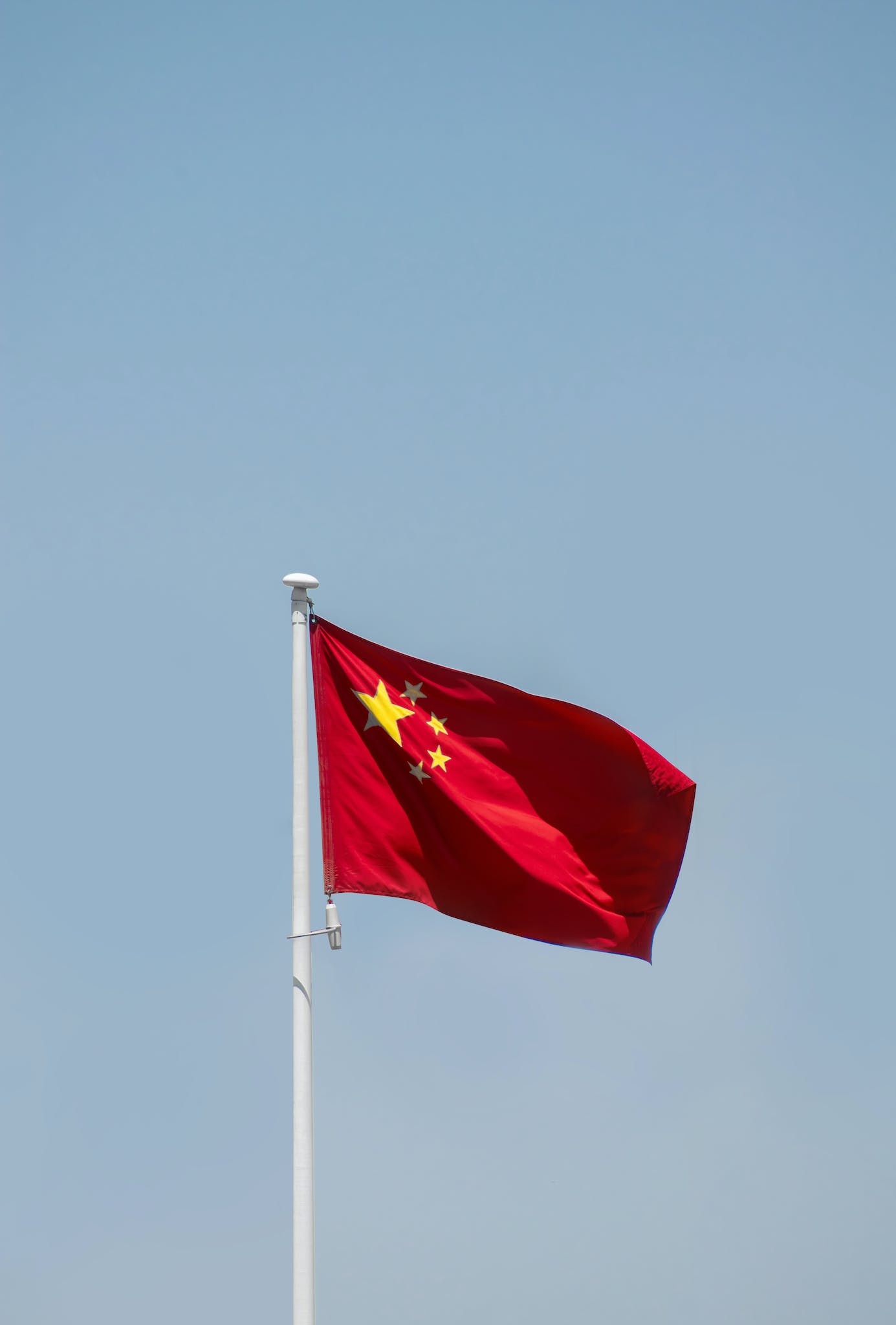International Energy Agency Report Highlights Reliance on China
Fifty years ago, OPEC imposed an oil embargo that sent shockwaves across global energy markets. The crisis gave rise to safeguards like the U.S.’ Strategic Petroleum Reserve and the International Energy Agency (IEA), to name a few. Now, as the future of energy shifts around the globe, we are reminded of both parallels from the 1970s we see today, as well as innate differences. The IEA recently released its World Energy Outlook 2023, analyzing those intricacies to better anticipate and address challenges across the global energy system.
While regional conflicts threaten energy markets and international security, like the 1970s, global energy consumption is now much more diversified than it was fifty years ago. This reality provides a significant amount of hope that nations’ energy future will be more secure, as technological advancements have spurred the diversification and efficiency of energy sources. However, unless significant issues with supply chains are addressed, that hope could be misplaced.
One challenge with regards to supply chains is China’s hold on rare earth minerals, which are vital to produce electric vehicles and other renewable technologies. Similarly, as the world’s largest energy consumer, China has an outsized effect on global markets and will have a significant impact on the cost, speed, and efficiency of any transition.
The CCP’s grasp on critical supply chains for clean energy technologies will be a significant hurdle for the west to overcome. The IEA report forecasts that China will control 79 percent of solar PV, 72 percent of refined cobalt, 68 percent of batteries and 54 percent of lithium chemical supply chains by 2030. If the U.S. hopes to facilitate an energy overhaul to renewables in the near future, we will either be overly reliant on China, or we will have to work tirelessly to move those supply chains back domestically. Depending on a potentially hostile regime, whether for oil and gas or critical minerals, is not a winning strategy for our nation’s energy independence.

